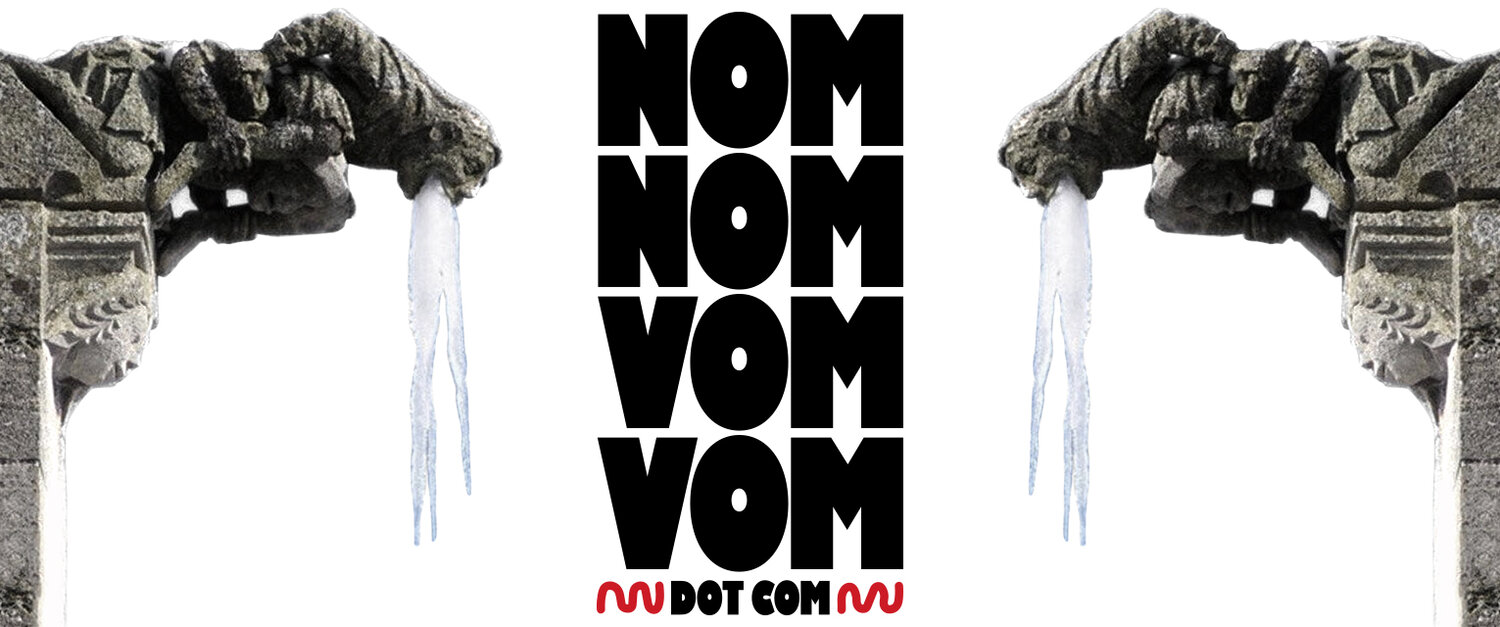Kimchi: how old is too old?
Does kimchi ever go bad?
Let’s review kimchi. It is cabbage and ginger and chili and a few other goodies plus a healthy dose of ‘good bacteria’. This slurry of bacteria does a few notable things:
It gives kimchi that trademark flavor— and stank. One time my employer produced so much kimchi that someone reported a gas leak in the building.
It preserves the kimchi. With a healthy population of ‘good bacteria’, the bad stuff — i.e. the bacteria that would make you sick — gets marginalized and can’t grow. This is also known as fermentation.
Kimchi actually gets safer to eat as it continues to ferment. But the composition and flavor of the food change too. After a few months it will taste increasingly acidic and kimchi-ee. Later, it will become carbonated, which is an unsettling trait to find in a solid food. It’s still technically safe to eat though.
Bottom line is this: once kimchi reaches a certain ripeness you will probably find it unpalatable, but this is long before it will make you sick.
If you see a film of mold growing on your kimchi, that’s because you probably contaminated it with a double-dipped spoon. In that case, discard the kimchi and quit being a slob.
Seoul Kimchi Festival 2018, aka heaven
+++

